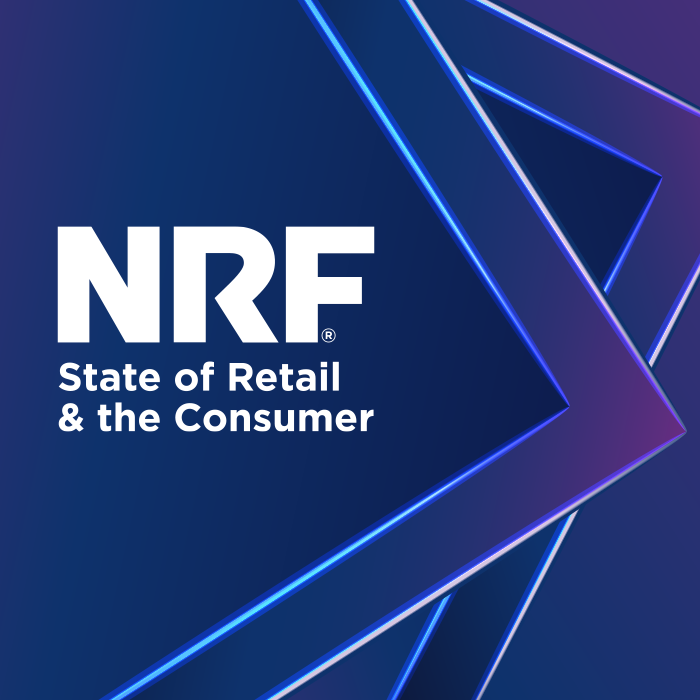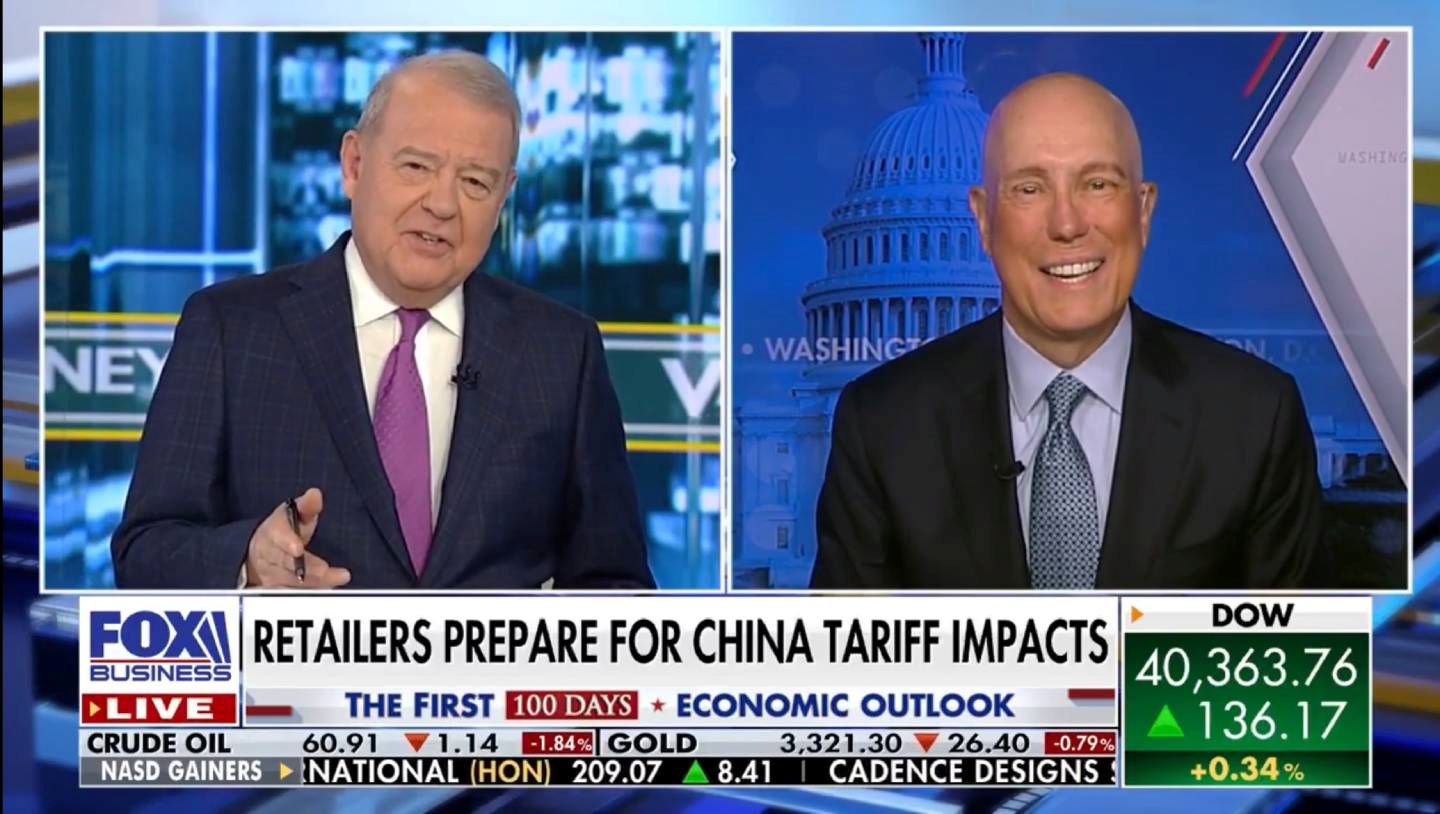Tariffs
)
How voters feel about 2025 tariffs
According to a survey conducted by Morning Consult for NRF, 76% of voters are concerned about the impact of tariffs on price. Read more.
The issue
President Donald Trump campaigned heavily on applying tariffs to U.S. trading partners, initially proposing a universal baseline of 10% to 20% on imports from all countries and a 60% to 100% tariff on imports from China.
After taking office, Trump signaled interest in a broad range of potential tariff actions, targeting specific countries such as Canada and Mexico, as well as the European Union and industry sectors such as steel, aluminum and automobiles. While many anticipated immediate action on tariffs on Inauguration Day, Trump instead signed the America First Trade Policy Memo, which outlined a series of reports intended to shape a future tariff strategy.
The administration has emphasized tariffs as a key economic and strategic tool, citing several objectives:
Leveraging tariffs as a negotiating tactic to bring other countries to the table
Encouraging companies to diversify supply chains away from China
Revitalizing U.S.-based manufacturing
Generating federal revenue
The administration has moved forward with increased global tariffs under the International Emergency Economic Powers Act and Trump set “reciprocal” tariffs for all countries in August. The administration has concluded several trade framework agreements (United Kingdom, EU, Japan, Indonesia and Vietnam) and continues to negotiate with other countries. The IEEPA tariffs have been challenged and ruled illegal by lower courts and now await the administration’s appeal to the Supreme Court.
The administration has also moved forward with several Section 232 sectoral tariff investigations including steel/aluminum, autos/auto parts, timber/lumber, pharmaceuticals, semiconductors and others.
For a deeper look at the current state of global tariffs impacting retailers, visit The Budget Lab at Yale.
NRF President and CEO Matthew Shay joins ‘Money Movers’ to discuss the impact of tariffs on the holiday buying season and much more. Watch now.
Tariffs threaten the American Dream
Small businesses, which make up 98% of retailers and support more than 13 million American jobs, are particularly vulnerable to tariffs. Learn more.
Why it matters to retailers
Retailers and other U.S. businesses rely on the global supply chain for imports of both component parts and finished goods to provide U.S. consumers with a wide variety of affordable everyday goods. Tariffs are taxes paid by U.S. importers and ultimately passed along to U.S. consumers. There continues to be a great deal of uncertainty regarding the ongoing tariff actions and trade policy in general. Businesses are left with the unenviable task of trying to forecast and plan their orders — particularly for the all-important holiday season each year — while trying to deal with balancing rising costs, shifting consumer demand and the possibility of long-term damage to their operations.
Small and medium-sized businesses will be disproportionately affected by the tariffs, with many saying they will have to raise prices or shut down. Unable to absorb the cost of increased tariffs, small business retailers would be forced to pass those additional costs along to their customers in the form of higher prices. One estimate suggests these tariffs could cost the average household $3,800 — squeezing budgets and reshaping spending priorities.
National Retail Federation President and CEO Matthew Shay joins Fox Business to discuss tariff tensions and the impact on small businesses. Watch now.
NRF’s position
Retailers are committed to working with Trump and his administration to advance shared goals — including strengthening the U.S. economy, keeping inflation in check and ensuring that American families benefit from lower prices. NRF supports trade policy that holds global trading partners accountable, enhances U.S. competitiveness and protects American households from inflationary pressures on everyday goods. NRF remains committed to leading the retail industry in these critical public policy conversations.






